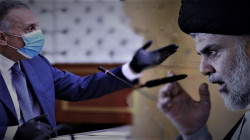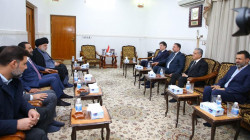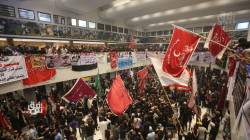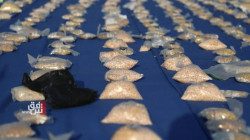Al-Sadr accuses government officials of drug trade complicity
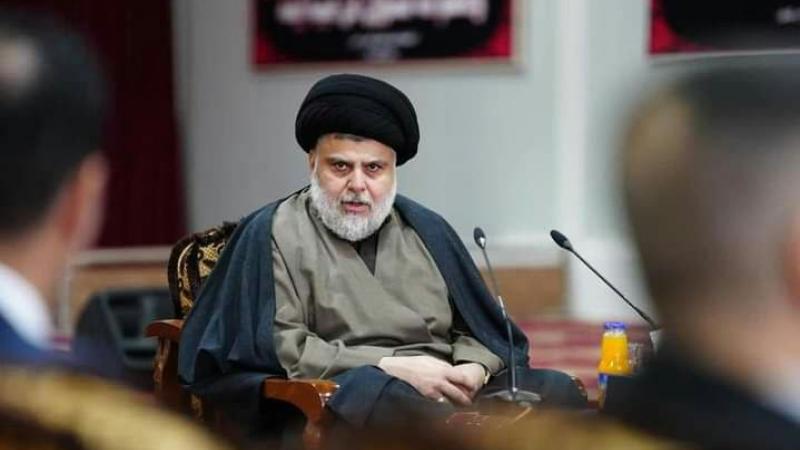
Shafaq News/ Iraqi Shiite cleric and leader of the Shiite Patriotic movement, Muqtada Al-Sadr, stated on Friday that both internal and external beneficiaries, including some elements within the government, are behind the spread of drug trafficking in Iraq, suggesting that political factors might be involved in exacerbating the issue.
Al-Sadr’s comments came in response to a question by one of his followers during a broader discussion on religious rulings based on the fatwas of
his father, Shiite cleric Mohammed Al-Sadr.
Al-Sadr replied, "The problem lies in the existence of beneficiaries of drugs, their money, and their trade, both within and outside the government, unfortunately. It may be for political reasons, if not economic ones."
In 2023, Prime Minister Mohammed Shia al-Sudani issued three directives to combat drug trafficking in Iraq, describing the phenomenon as "a challenge to the state that must be confronted with all available resources." A few months later, he declared that the government would treat drug-related issues as "terrorist threats."
Recently, Assistant Director-General of the Directorate of Anti-Narcotics and Psychotropic Substances, Maj. Gen. Hamid Nahiwi Nayef told Shafaq News Agency that drug trade rates have "decreased in Iraq by more than 70%," attributing this to the security efforts.
According to 2023 statistics, around 14,000 people were arrested on charges of drug possession and trafficking, a decrease from 17,000 arrests in 2022, according to the latest official figures on drug-related arrests and seizures.
A report by the United Nations revealed that in 2023, Iraqi authorities seized a record 24 million Captagon pills, worth between $84 million and $144 million at wholesale prices.
The report also noted a nearly threefold increase in seizures of this substance between 2022 and 2023, with the 2023 figures being "34 times higher" than those recorded in 2019.
